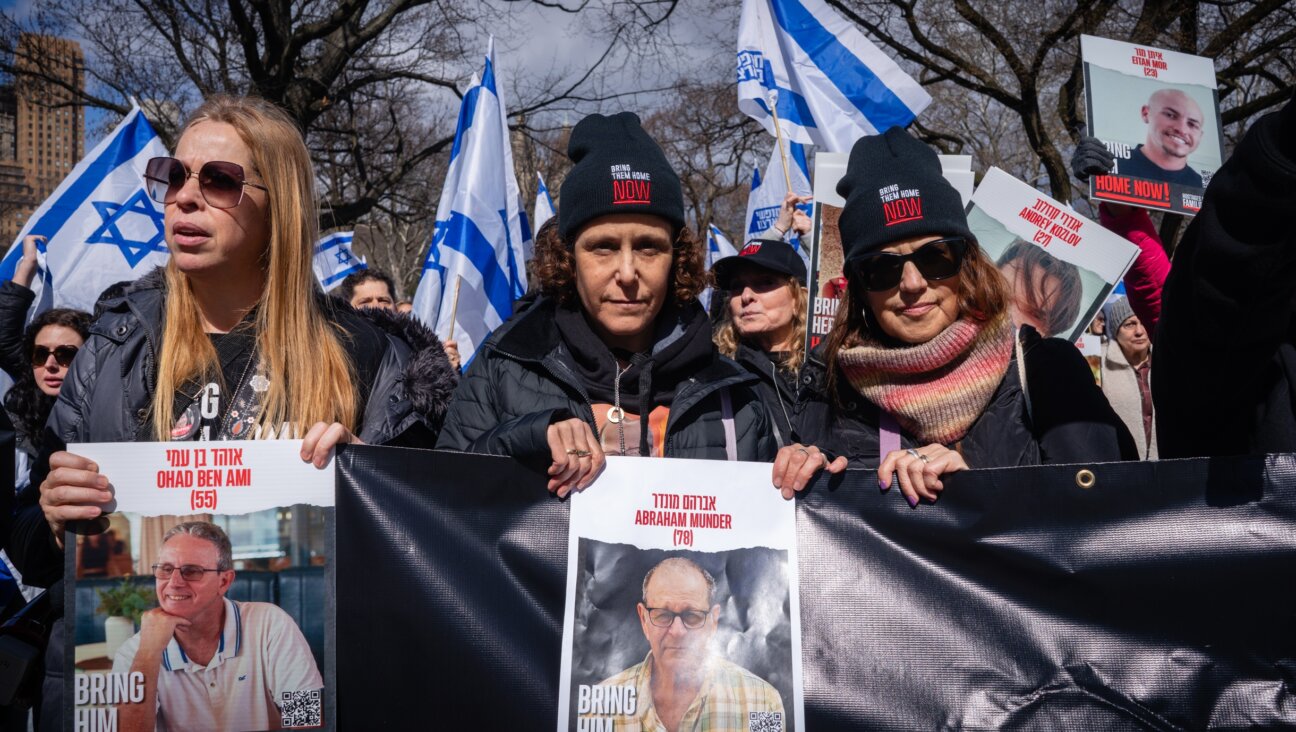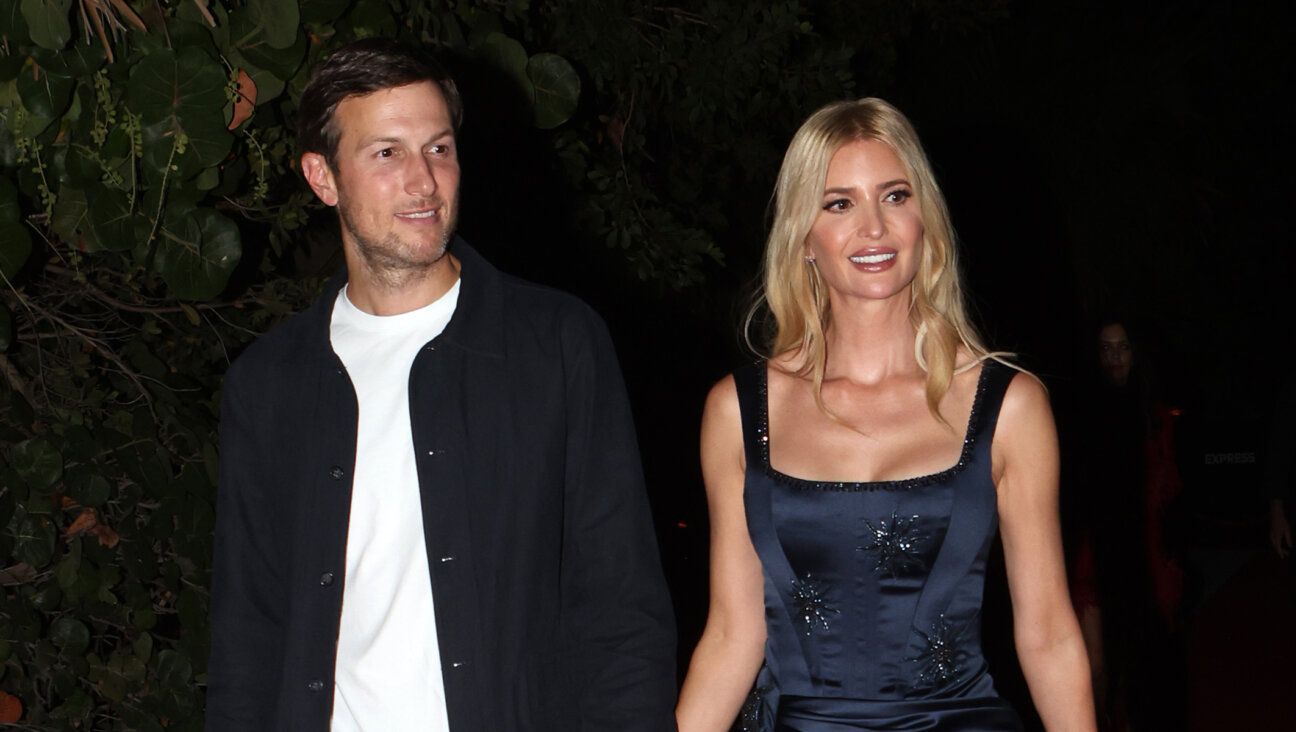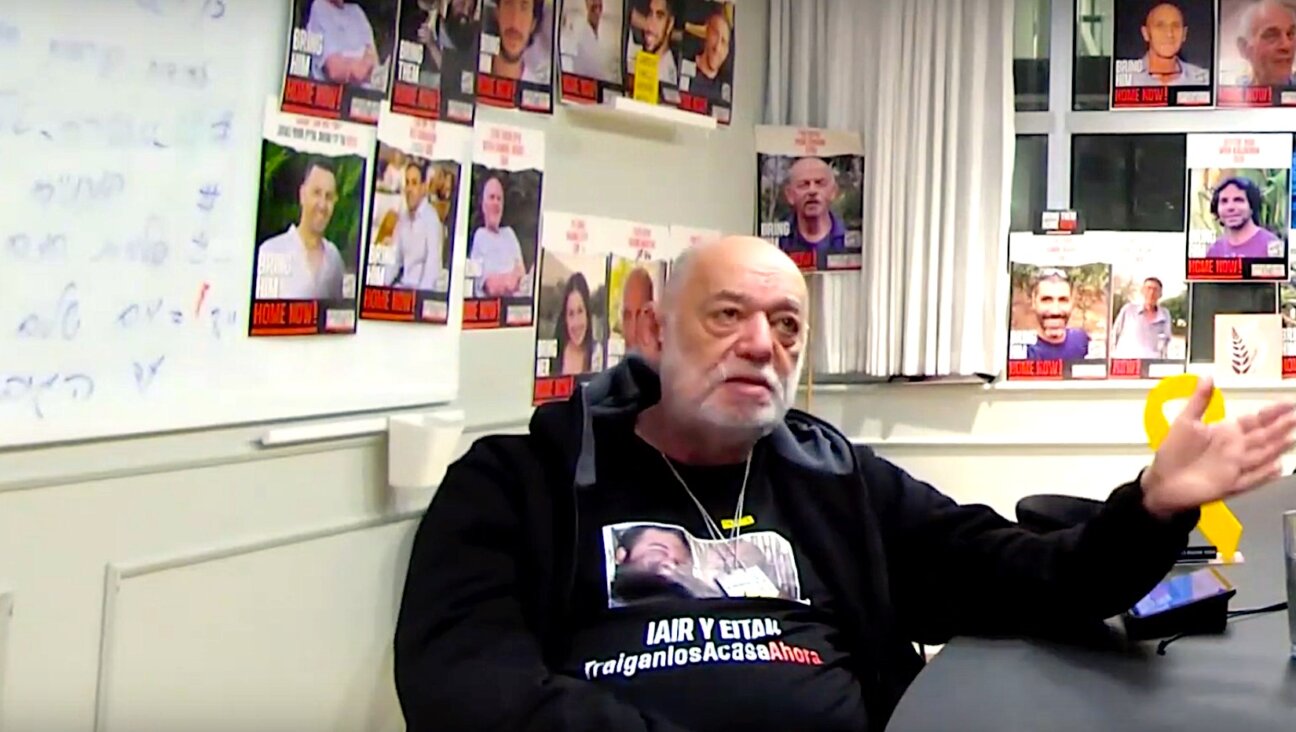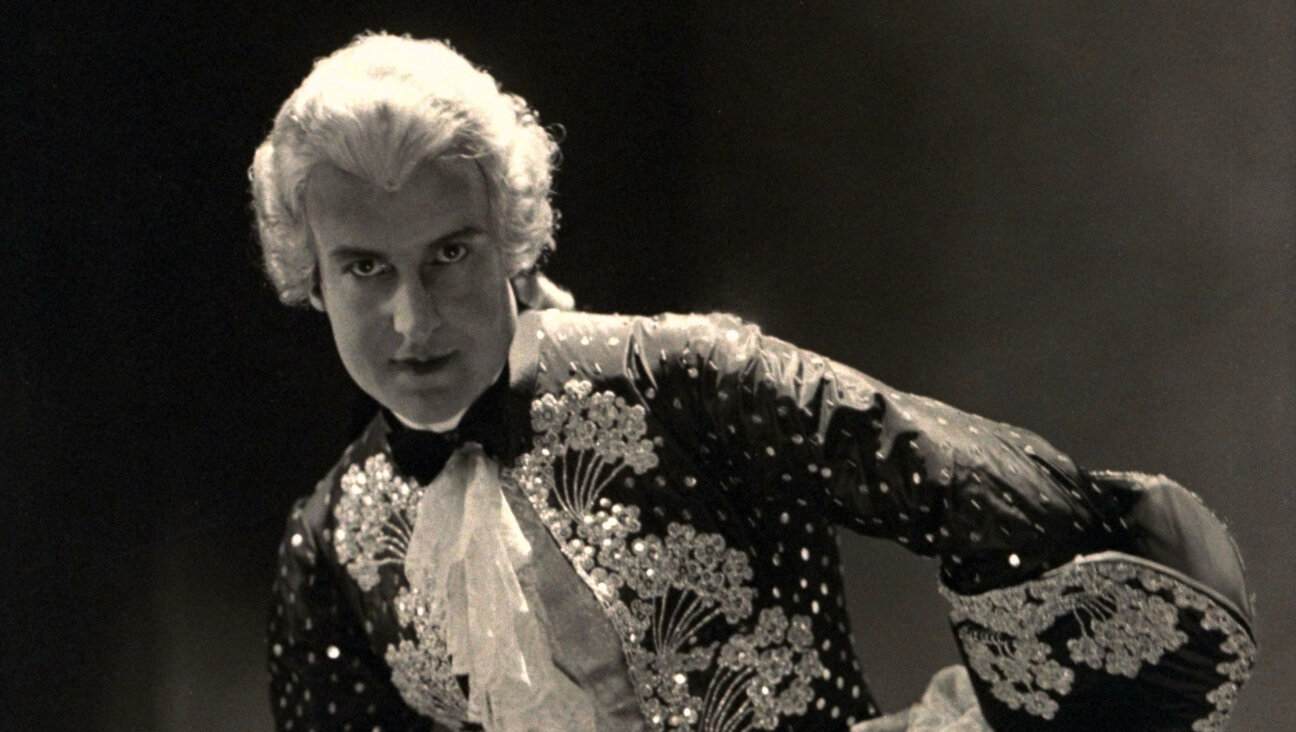Rolling Stone Reporter Gets Inside Peek at West Point
David Lipsky can’t stop calling his boss “sir.”
The 37-year-old writer didn’t have a problem calling his boss Peter Travers, the editor at Rolling Stone magazine, “Peter” when he was dispatched in 1998 to write an article about the U.S. Military Academy at West Point. Lipsky wound up spending an entire year on the West Point campus and wrote a 35,000-word article about the experience. Then he returned to the academy for another year. Then two more. Now he has a book out about his four-year odyssey, “Absolutely American” (Houghton Mifflin), and he can no longer think of his boss — older than he is, and superior in rank — in any terms other than cadet and senior officer.
It might sound funny to hear the word “sir” bandied about in the halls of Rolling Stone, one of the great symbols of 1960s and ’70s counterculture. And it might be surprising, too, that Lipsky — who was raised in what he calls “the classic liberal Democratic Jewish family” — should have become so fond of the military academy and of the students he met. But he did.
“It gets to you,” Lipsky told the Forward over lunch at a Greenwich Village cafe, with a laugh creeping into his soft voice. “My girlfriend had this fight with her boss. So I asked her, ‘How does this develop you as a leader?’” A classic West Point response to adversity. Lipsky’s girlfriend wasn’t amused. “She went crazy.”
Except for his T-shirt, Lipsky looks a lot like a cadet: He is tall and lanky, with a short, neat head of dark brown hair, but if one sees a picture of him before 1998, one would barely recognize him. He pulls out an old photo ID, which shows his hair flopping over his forehead. “I was working on a drug story,” he explained.
Lipsky’s mother runs an art gallery. His father is a retired ad executive. Lipsky went to the Village Community School, in Greenwich Village, and Stuyvesant High School before going to Brown University for his bachelor’s degree and then getting a master’s degree in creative writing at Johns Hopkins. While a junior at Brown, Lipsky sold a short story called “Three Thousand Dollars” to the New Yorker and has been writing ever since; “Absolutely American” is his fourth book.
“It’s funny, people have an idea about arty people,” Lipsky said. Artists are commonly viewed as undisciplined and scattered, he said, when the truth is, “you have to be so focused” to be an artist. Lipsky’s parents — like many military men he met — waged war against idleness; Lipsky was not allowed to be a couch potato.
Lipsky’s parents might not be thrilled with the comparison. His father, a young man during the Vietnam War era, harbored the innate distrust of the army that characterized much of his generation. When Lipsky was a boy, he remembered, his father sat him down and said, “You could be a garbage man, a concert pianist… but the one thing you can’t do is go in the army… I’ll break your legs.”
“Absolutely American” follows an entire class of “plebes” (first year students) until they become “firsties” (seniors), and their stories are touching, rousing and surprising. Lipsky, who regularly reports on colleges and college kids, was stunned to find that at West Point — where mischievous sexual and alcoholic freedoms are banned — the students were happier than students were at any other campus. There was less racial division at West Point than any other college Lipsky had visited, virtually no theft and very little drug abuse.
“I really didn’t want the assignment,” Lipsky admitted. When West Point first invited Rolling Stone to write a story about the school, Lipsky was sat down with several handpicked cadets, and the senior officers sat in on the interviews. Lipsky refused to write the article. “I said that wouldn’t be an article — it would be a press release.” Lipsky expected that that would be the end of his West Point story until the brigade tactical officer, Colonel Joe Adamczyk, called him back to say that he would have unlimited access. “We have nothing of which we should be ashamed,” Adamczyk told him.
Lipsky rented a house a two-minute bike ride away from West Point and began absorbing. He followed the cadets on marches and obstacle courses.
“I was there at an interesting time,” said Lipsky, who was at West Point as the school was revamping its image. In an effort to attract more young people, the army began a campaign of emphasizing the “professionalism” of the armed forces. Lipsky found that the cadets didn’t much care for this. Few of the students had financial or materialistic motives for being there. They were interested in duty, honor and self-sacrifice. Describing the place to his girlfriend, Lipsky said, she told him that the academy’s group spirit was reminiscent of the atmosphere on an Israeli kibbutz.
Lipsky was at West Point before and after the terrorist attacks of September 11, 2001.
“During my three years at West Point,” Lipsky writes, “friends who don’t follow the military have asked, ‘Do these guys know we’re not fighting those kinds of wars anymore? Do they ever wonder if they’re living in the past?’… It turns out that instead of living in the past, West Point has been living in the future, and now they’ve been joined by everyone else.”
Among the more touching characters Lipsky runs across is a hapless Jewish cadet named George Rash. Rash is an ugly duckling: a bespectacled, acne-scarred student who falls back on runs, fails physical exams and is constantly on the cusp of being thrown out of school. Every student at West Point hates Rash and cannot understand why Lipsky spends so much time with him; they feel he is the worst example of West Point. Miraculously, Rash always manages to claw his way through every physical test, and his endurance becomes almost heroic.
Of all the characters that he writes about — a strong, cheerful football player named Reid “Huck” Finn, an intelligent cadet at the top of his class named Don “Whitey” Herzog, a Brooklyn-born cadet named Mike Ferlazzo — Lipsky says that he most identified with Rash.
After the book was published, one of the cadets called Lipsky and told him, “Don’t tell anyone else this, but I understand why you liked George.”
An hour or so after Lipsky left his luncheon interview with the Forward, he sent an email to this reporter summing up how his time at West Point affected him: “I didn’t end up entirely improved. I still do the wrong thing a lot of the time — I just now have a lot more and better reasons for feeling guilty about it.”
A message from our Publisher & CEO Rachel Fishman Feddersen

I hope you appreciated this article. Before you go, I’d like to ask you to please support the Forward’s award-winning, nonprofit journalism so that we can be prepared for whatever news 2025 brings.
At a time when other newsrooms are closing or cutting back, the Forward has removed its paywall and invested additional resources to report on the ground from Israel and around the U.S. on the impact of the war, rising antisemitism and polarized discourse.
Readers like you make it all possible. Support our work by becoming a Forward Member and connect with our journalism and your community.
— Rachel Fishman Feddersen, Publisher and CEO























